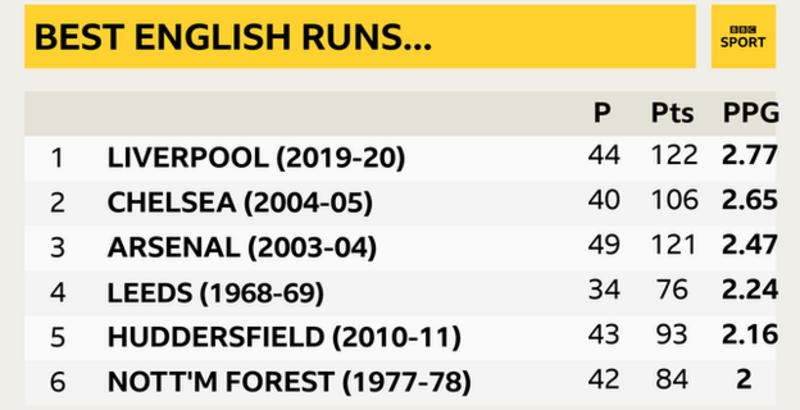It just doesn't work that way in soccer. The team is a blend of skills and players may be more proficient in skills other than ball control that more than make up for any perceived deficiency in ball control.
Of course, the point of the exercise isn't to build a team that's strictly good at one skill, it's to quantify the importance of different skills.
Nothing could be further from the truth. Environment also plays a part.
Maybe, that was really just an assumption on my part.
Soccer/football does not really fit in with the use of this type of analytics.
Possibly, but nobody knows for sure if they don't try.
It will only take you so far.
In my opinion, there is no single skill, such as ball control that a team/club would emphasize to make it better. You simply wouldn't put together a team based solely on ball control. 11 men with fantastic ball control but not one of them can defend a set piece to save their life, make a tackle or head the ball.
Again, nobody would claim that ball control is the only important skill, but maybe the quantitatively most important skill. Those are two different claims. Nobody is trying to build a team that only controls balls, they're trying to define which specific qualities in a good player may be the most important
And it's this kind of gut instinct like
in my opinion that analytics hope to dispel. A lot of people have opinions, but that doesn't mean those opinions are correct, it doesn't mean they're wrong either, but that's why mathematics approaches the problem. They investigate the game mathematically to see if they can model it.
Maybe you're right and they really can't, but the point is to try in the first place. Maybe a person just doesn't care for analytics in the first place - fair enough - some people just like the statistical, and mathematical side of the game.

